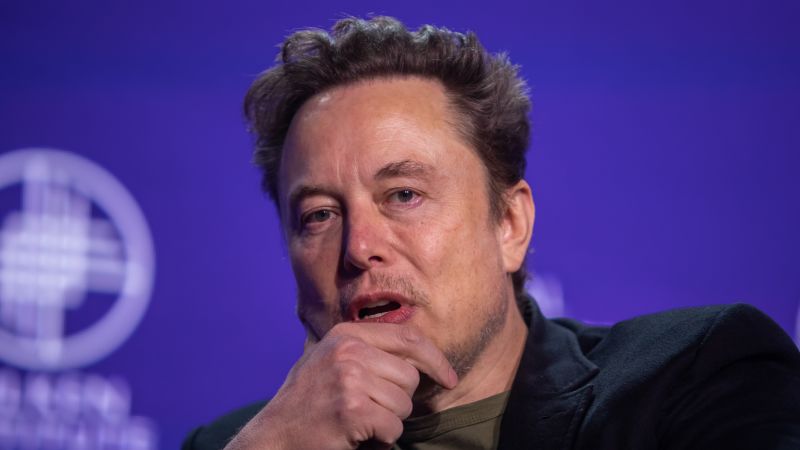Elon Musk is currently facing a shareholder suit regarding his sale of $7.5 billion worth of Tesla shares in late 2022, prior to a January 2023 sales report that led to a significant drop in the stock price. The suit alleges that Musk profited from his exploitation of inside information and requests that he return the profits from the sale to the company, along with covering attorney fees and other costs related to the lawsuit. Musk had liquidated some of his Tesla holdings to free up cash for his purchase of Twitter, and his sales coincided with price cuts in China and weaker-than-forecast sales in the fourth quarter.
In the past, Musk rarely sold Tesla shares, with most of his sales being for tax-related purposes or part of a prearranged schedule to avoid insider trading concerns. However, from April through December 2022, Musk sold $22.9 billion worth of unscheduled Tesla stock to contribute to his $44 billion Twitter purchase that year. His sales in November and December 2022, combined with the price cuts in China, had a negative impact on Tesla stock prices even before the release of the January sales report, which led to a significant drop in the stock price.
Following the release of the January fourth-quarter sales report, Tesla shares experienced a decline but eventually rebounded, more than doubling throughout 2023. Despite this rebound, Tesla shares have faced challenges in 2023, losing 29% of their value year-to-date. The shareholder suit was filed in Delaware Chancery Court by Michael Perry and claims that Musk had inside knowledge of the weaker sales report at the time of the stock sale. Bloomberg was the first to report on the lawsuit, as Tesla does not have a public relations department and did not provide a comment in response to the suit.
In addition to the ongoing legal challenges, Tesla is seeking shareholder approval to return stock options to Musk, which were stripped from him following a court decision in Delaware. Some advisory firms have advised against his controversial billion pay package and raised concerns about Musk’s involvement in numerous side projects. The lawsuit against Musk, combined with concerns from advisors, have added to the scrutiny surrounding Musk’s actions as CEO of Tesla and his personal business ventures. Musk’s decision to make unscheduled stock sales to fund external projects has raised questions about his commitment to Tesla’s long-term success and whether his personal interests are affecting company performance.
Overall, the lawsuit against Musk highlights the challenges facing Tesla and its leadership, as shareholders and advisory firms raise concerns about the CEO’s actions and their potential impact on the company’s stock performance. Musk’s sale of Tesla shares, coinciding with negative news about the company’s sales performance, have brought attention to his use of inside information and the implications for Tesla’s shareholders. As Tesla continues to navigate legal challenges and investor scrutiny, the company’s ability to maintain its market position and deliver long-term value to shareholders remains uncertain. The outcome of the lawsuit against Musk and the broader implications for Tesla’s corporate governance will likely shape the company’s future direction and influence investor confidence in its leadership.


